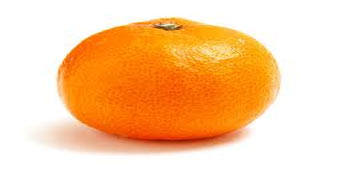
Vitamin A is a group of fat-soluble substances that are found in animal products. These substances include  retinol (an alcohol) and retinal (an aldehyde). Retinal is responsible for production of an acid that affects gene transcription. By means of cellular differentiation, physiological roles of cells are specialized. Vitamin A also includes carotenoids, which are produced by plants. These are transformed to retinal. Fruits and vegetables for example contain beta-carotene, which is converted to vitamin A in the human body.
retinol (an alcohol) and retinal (an aldehyde). Retinal is responsible for production of an acid that affects gene transcription. By means of cellular differentiation, physiological roles of cells are specialized. Vitamin A also includes carotenoids, which are produced by plants. These are transformed to retinal. Fruits and vegetables for example contain beta-carotene, which is converted to vitamin A in the human body.
Functions of vitamin A
Vitamin A is essential for the development of bones, skin and eyesight. It strengthens the immune system, creating resistance to infection and disease. It also regulates growth by regulating the expression of the growth hormone gene. When vitamin A deficiency occurs, a person may suffer from night blindness (caused by inadequate retinol supply), dry skin, poor growth and developmental difficulties.
Vitamin A in food
Food sources that contain retinol and retinal are animal products, including: liver, kidney, oily fish, dairy, eggs and margarine. Carotenoids are found in oranges, yellow, orange and dark green vegetables and fruits (for example carrots, broccoli, spinach and watercress).
Vitamin A as a supplement
Vitamin A is recommended therapeutically for patients experiencing skin conditions (eczema, acne, psoriasis) and night blindness. It also prevents ulcers, respiratory disease, menstruation cramps or urinary problems, because of its beneficial impact on the immune system. Vitamin A plays an important role in the prevention of several types of cancer.














